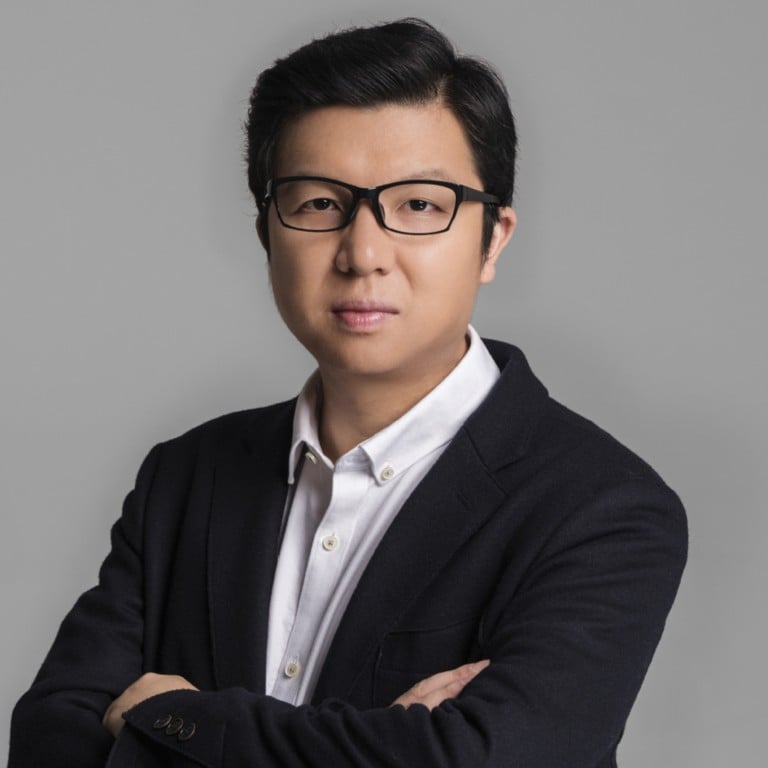Watch out TikTok: who is Kuaishou’s Su Hua, the millennial CEO who quit Google and Baidu to take on China’s Douyin?

- After working at Google and Baidu he joined Kuaishou, guiding the video-sharing app to become China’s biggest rival to Douyin, the local version of TikTok
- Kuaishou now claims 300 million daily active users who spend an average of more than 85 minutes on the app – when will it go global?
You might not have heard of Kuaishou yet, but chances are you will soon. The video sharing app is rising fast in China – where it claims over 300 million daily active users and has already been touted as a rival to Douyin, the local version of TikTok.
On its IPO debut at the Hong Kong Stock Exchange last month, the company’s shares soared 161 per cent, valuing the 10-year-old company at HK$1.23 trillion (US$159 billion). You don’t need to be a mathematician or stock watcher to work out those are big numbers. And that whoever is behind the app is both very shrewd, and very rich.
Meet Kuaishou’s co-founder and CEO Su Hua, an overnight billionaire with a net worth of US$19.2 billion, according to Forbes. A former Google and Baidu employee, Su was responsible for transforming the unassuming app, initially designed to create GIFs, into one of the most downloaded video-sharing and live-stream platforms in the world. And his estimated age is only 39. Here’s how he did it.
He graduated from Tsinghua University

Born in Hunan province, Su learned to code on a children’s learning computer at the age of 12. His passion for programming led him to enrol in Beijing’s Tsinghua University, ranked as Asia’s best, and regarded among the foremost research institutions in the world. There he studied software for nearly a decade. During his doctorate studies, he noticed the surging home prices in Beijing and decided he should drop out of school and start earning some money.
He worked for Google in the US

With his prestigious academic credentials, Hua was able to get a job as a software engineer with Google in the United States. After two and a half years there, he pursued his first entrepreneurial venture, exploring online video advertising. However, Hua discontinued the project when he ran into funding problems amid the 2008 financial crisis. Following this first start-up effort, Hua would go on to pursue 32 other business ideas, which yielded no successes. He eventually shifted his gaze away from entrepreneurship and went back to being a software developer.